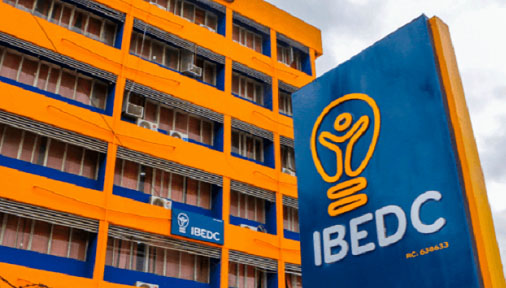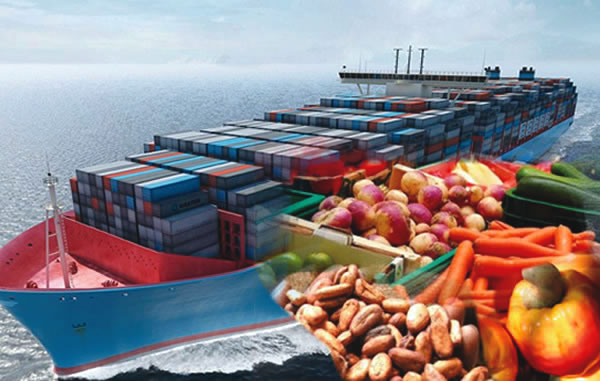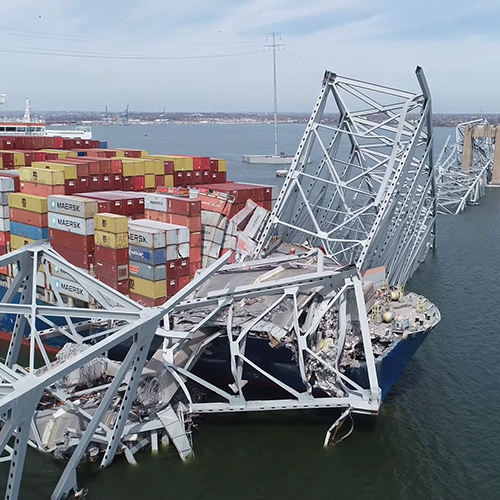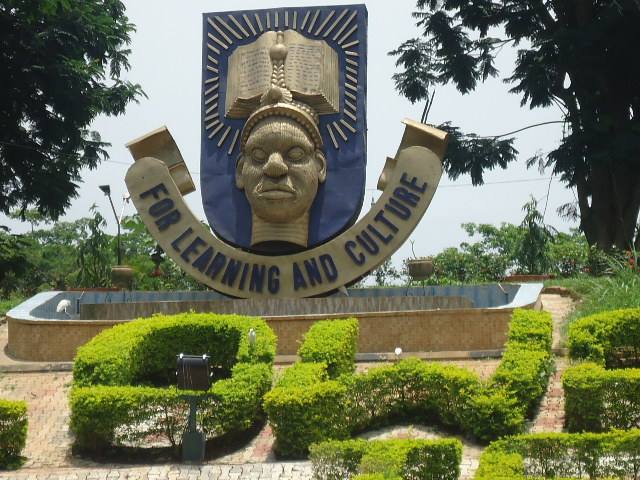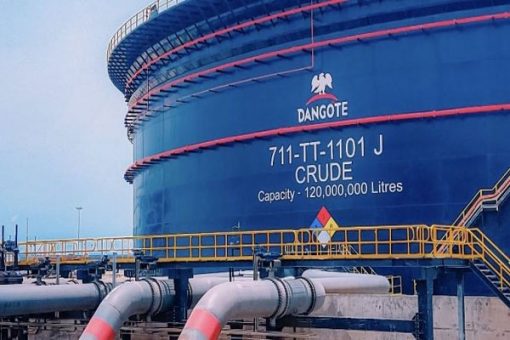
Keep up with the latest news and be part of our weekly giveaways and airtime sharing; follow our WhatsApp channel for more updates. Click to Follow us
The Dangote 650,000-barrel-per-day Integrated Refinery and Petrochemical Company is poised to provide Nigeria and other African countries with partnership opportunities for sourcing petroleum products and fertilisers, according to Felix Omatsola Ogbe, Executive Secretary of the Nigerian Content Development and Monitoring Board (NCDMB).
Speaking at the 9th Sub-Saharan African International Petroleum Exhibition and Conference (SAIPEC) in Lagos, Ogbe emphasised the importance of collaborations, citing similar projects such as Kenya’s Konza Technology City, Grand Ethiopian Dam, and the Lekki Free Trade Zone in Lagos.
Ogbe also highlighted the Nigerian Oil and Gas Parks Scheme (NOGAPS), which is being developed in seven locations across Nigeria. He invited interested businessmen and investors to apply for opportunities to manufacture industry-related equipment, components, and spares.
“The African Continental Free Trade Agreement (AfCFTA) is a critical legal framework that can be leveraged to achieve collaborative local content strategy in Africa,” Ogbe said. “By integrating 1.3 billion people across 54 African countries with a combined GDP of over $3 trillion, AfCFTA has created a vast free trade area that can foster economic growth and development.”
Ogbe charged sub-Saharan African nations to adopt a unified approach to strengthening local content development, advancing industrialisation, and fostering sustainable economic growth. He noted that countries like Nigeria, Angola, and Ghana have made significant strides in local content development, but “fragmented implementation continues to hinder collective progress.
To address this challenge, Ogbe called for a collaborative strategy among petroleum-producing nations in sub-Saharan Africa. He identified harmonisation of local content policies, human capital development, investment in infrastructure, funding for local companies, and technology transfer as key pillars of Africa’s collaboration strategy.
“A large, young workforce can drive expansion through increased productivity and expansion,” Ogbe said, highlighting the importance of human capital development. “We must develop a robust local content framework that positions the region for long-term economic prosperity.”
Ogbe also emphasised the need for a regional fund or financial framework that provides credit facilities, guarantees, and investment incentives to strengthen indigenous firms. He noted that an African Energy Bank, established by the African Petroleum Producers Organisation (APPO) with the support of the NCDMB, is soon to be operational.
In his keynote address, Ogbe concluded, “By working together, we can create a formidable and self-reliant petroleum sector that delivers long-term benefits for our economies, businesses, and people.”
Earlier, Abdulmalik Halilu, Director of Monitoring and Evaluation at the NCDMB, delivered a paper on “Optimisation of Developed Capacities and Capabilities in Africa for the Growth of African Oil and Gas Industry.” He discussed local content value proposition, supply chain optimisation, and sector-specific industrialisation, emphasising the need for petroleum-producing countries to identify and develop niche industries, promote specialisation and value addition, and establish export-orientated economic zones. He also emphasised the need for harmonised trade policies and regulations, efficient transport and logistics networks, and export expansion grants to companies promoting intra-African trade.
Halilu’s presentation was followed by a panel discussion on “Collaboration and Local Content Development in the African Oil and Gas Industry.” The panellists included representatives from the Nigerian Content Development and Monitoring Board (NCDMB), the African Petroleum Producers Organisation (APPO), and the oil and gas industry.
During the discussion, Ogbe emphasised the importance of collaboration among African countries in developing their local content. “We must work together to develop our local content, share our experiences, and learn from each other,” he said.
He also highlighted the need for a unified approach in implementing local content policies across Africa. “We must harmonise our local content policies to ensure that we are all working towards the same goal,” Ogbe said.
The panellists also discussed the challenges facing local content development in Africa, including the lack of infrastructure, inadequate funding, and limited capacity.
Despite these challenges, the panellists expressed optimism about the future of local content development in Africa. “With the right policies, infrastructure, and funding, we can develop a thriving local content industry in Africa,” said one of the panellists.
The conference concluded with a call to action from Ogbe, who urged African countries to work together to develop their local content. “Let us work together to build a brighter future for our continent,” he said.
The 9th Sub-Saharan African International Petroleum Exhibition and Conference (SAIPEC) was attended by over 1,000 delegates from across Africa and beyond. The conference provided a platform for stakeholders in the oil and gas industry to discuss the latest developments, challenges, and opportunities in the sector.
Please don’t forget to “allow the notification” so you will be the first to get our gist when we publish it.
Drop your comment in the section below, and don’t forget to share the post.
